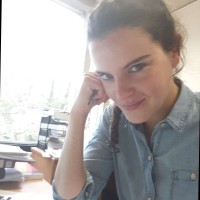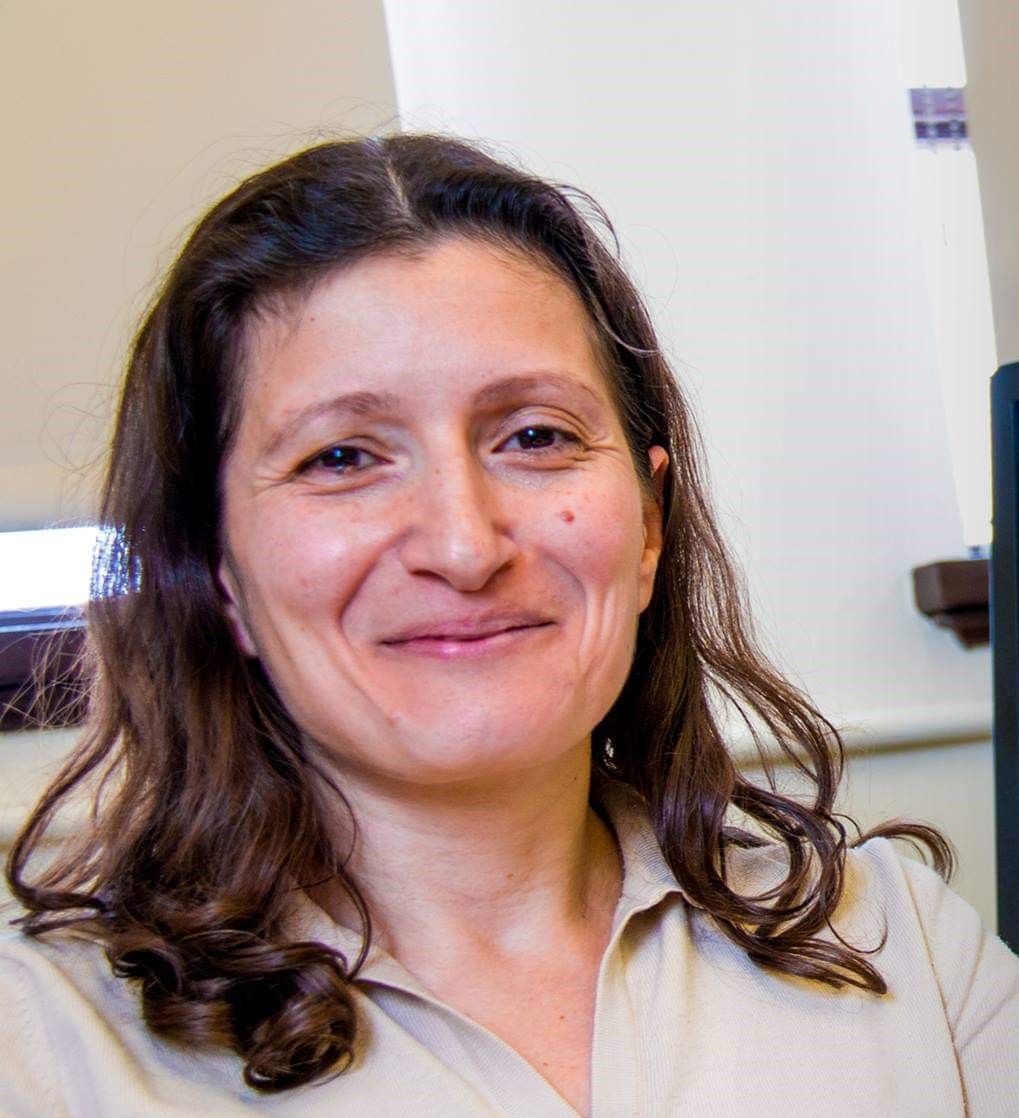| Michael Becker (University of Massachusetts Amherst) – [Prof. Becker’s talk has been cancelled due to unforeseen circumstances] Dr. Michael Becker is an Associate Professor of Linguistics at UMass Amherst. He is a phonologist who specializes in the phonological organization of the lexicon. In his experimental work, he studies how speakers find patterns in their real words and use them to treat words that they haven’t heard before (“wugs”, Berko 1958). In his computational work, he builds universal models that take in real words and then mimic the behavior of humans when given novel words. Becker received a PhD in linguistics from the University of Massachusetts Amherst and an MA in linguistics from the Tel Aviv University. His research areas include (i) phonological determinants of word formation processes, (ii) computational modeling of lexical and behavioral word formation data, (iii) documentation, analysis, and preservation of endangered languages. |  |
| Abbas Benmamoun (Duke University) Dr. Abbas Benmamoun is the Vice Provost for Faculty Advancement and Professor of Asian and Middle Eastern Studies and Linguistics at Duke University. Benmamoun’s research focuses on the comparative syntax and morphology of natural language and heritage languages, particularly on issues of language maintenance and loss within immigrant communities. His publications include The Feature Structure of Functional Categories: A Comparative Study of Arabic Dialects (Oxford University Press), Arabic Syntax (Cambridge University Press), and The Routledge Handbook of Arabic Linguistics (Routledge). Benmamoun’s research has specifically focused on the following broad areas: (i) the syntax of functional categories, particularly tense, agreement, negation, and coordination, (ii) the nature of lexical and morphological relations, particularly the issue of whether lexical relations in Arabic (and Semitic languages) that have been characterized as based on a root and pattern mapping can be better analyzed as stem based derivations, akin to familiar patterns in many languages from various linguistic families, and (iii) the nature of the interface of the morphology and syntax of natural language. |  |
| Maris Camilleri (University of Essex) Dr. Maris Camilleri is a Visiting Research Fellow at the Department of Language and Linguistics at the University of Essex. With PhDs in the areas of Semitic morphology and Arabic syntax from the University of Surrey and the University of Essex, respectively, her research profile includes comparative investigations on various (morpho)syntactic and morphological aspects in the grammar of the different Arabic varieties. Her soft spot for the Arabic dialects has long stemmed from her quest to search for the true roots of her native Maltese. Camilleri’s formal syntactic research is couched within the syntactic framework of Lexical Functional Grammar (LFG) and her more recent research has been at the forefront in making use of various diachronically-related Arabic structures to better inform formal theory and the typology and grammaticalization literature with the aim to bridge the gap further between the two. As she tries to unravel a non-written past through reconstruction and comparative methodologies, her aim is to provide a better understanding of the intricate nature of varied synchronic Arabic structures and to both renew and centralize the study of grammaticalization and syntactic change in the study of Arabic. |  |
| Ghada Khattab (Newcastle University) Prof. Ghada Khattab is a Professor of Phonetics and Phonology at Newcastle University. Her research interests lie in the areas of monolingual and bilingual phonological acquisition, accent/dialect acquisition, L2 phonology, bilingualism and cognition, speech production, and Arabic phonetics and phonology. Khattab is the author and co-author of over 40 research papers. Some of her representative publications are Acoustic Correlates of the Voicing Contrast in Lebanese Arabic Singleton and Geminate Stops (Journal of Phonetics, 2018) and VOT in English and Arabic Bilingual and Monolingual Children (Perspectives on Arabic Linguistics XIII-XIV, 2002). She has also supervised numerous PhD theses, many of which have been conducted on Arabic dialects. Besides her position as a faculty member, Khattab serves in different other roles including the director of the phonetics and phonology lab and an associate editor of Phonetica. |  |
